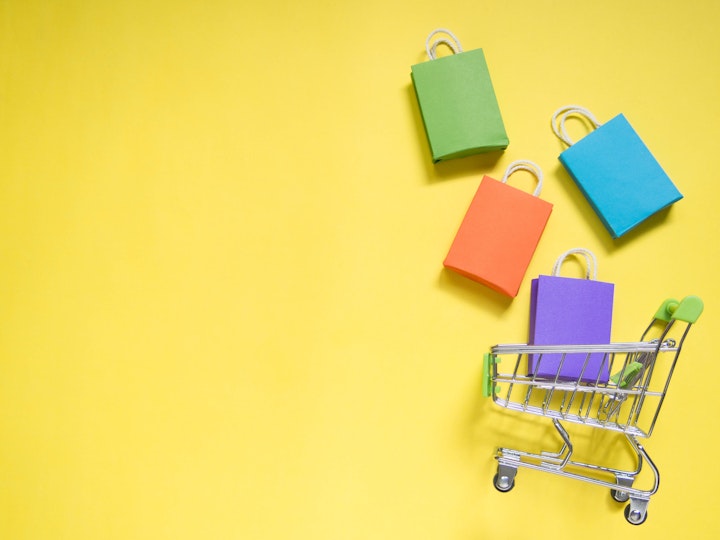Black Friday 2021: scepticism or expansion?
What impact will the climate crisis, the pandemic and the supply chain issues have on our spending this Black Friday?
Professor Adrian Palmer has a look in the latest of our Leading Insights.

It is hard to believe that Black Friday has only been in the UK for just over 10 years. In successive years, retailers have privately expressed doubts about its overall effects; customers have become more sceptical about Black Friday "deals". Yet, pandemic aside, Black Friday has continued to grow. What should we expect for Black Friday 2021? Will this pattern of scepticism alongside expansion be repeated?
For retailers, an overriding aim of Black Friday is to get customer’s money before their competitors do. So a war has broken out between retailers in which Black Friday has gradually started earlier and earlier, more Black November than Black Friday. Sure enough, Black Friday 2021 has started earlier than ever. But what else is new this year?
Firstly, consumers appear to have higher spending power and growing confidence in spending it. The research company Growth from Knowledge (GfK), which tracks UK consumer confidence, reported a rise of three percentage points in the first two weeks of November 2021, exceeding economists’ earlier predictions. High levels of accumulated savings and a buoyant jobs market have fuelled customers’ readiness to spend.
Another difference this year is consumers’ perceptions of stock shortages. Many reports of shortages may have been talked up by retailers eager to encourage customers to buy now rather than later. If consumers perceive shortages, and read stories predicting empty Christmas shelves, there will be a temptation to buy now rather than missing out just before Christmas. Retailers’ and customers’ objectives to bring forward sales coincide.
Inflation in the UK is also something to consider this Black Friday, now over 4% and expected to rise. If goods are expected to cost more as we get closer to Christmas, there is a compelling logic for customers to buy during Black Friday rather than wait.
Yet an elephant in the room this year is the consequences of climate change and how it may reshape spending habits. A rational, conscientious consumer following COP26 deliberations would be cutting back on unnecessary purchases, and doing more to reuse and recycle. But a lot of research has shown a disjuncture between individuals’ perceived collective responsibility for taking actions and their own personal imperative to maintain their lifestyle, notwithstanding a few token gestures.
So, Black Friday 2021 is likely to be bigger than ever in bringing forward expenditure, but a more open question is when, or if, the challenges of climate change will eventually rein in the type and level of expenditure that Black Friday has come to be noted for.



